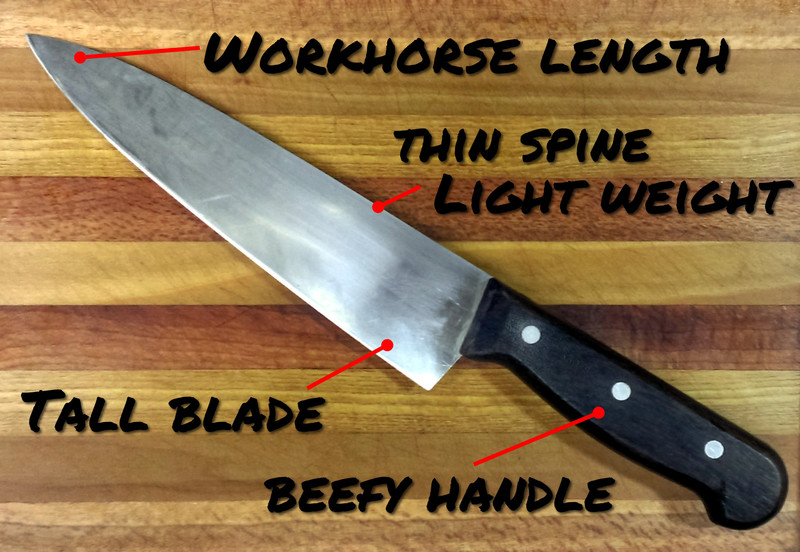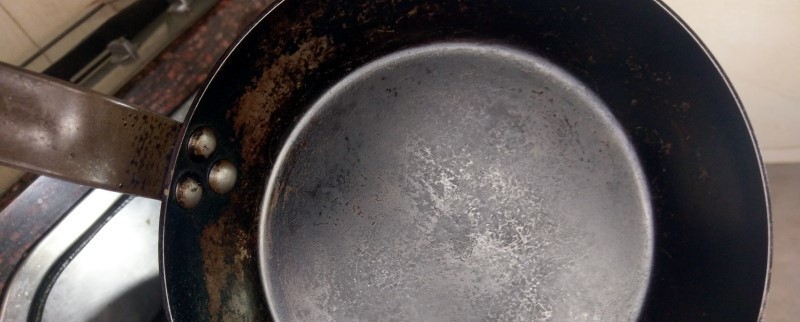Sourdough and olive oil - friends well met
WriterShelf™ is a unique multiple pen name blogging and forum platform. Protect relationships and your privacy. Take your writing in new directions. ** Join WriterShelf**
WriterShelf™ is an open writing platform. The views, information and opinions in this article are those of the author.
Article info
Categories:
⟩
⟩
Tags:
Date:
Published: 2017/06/23 - Updated: 2020/05/28
Total: 614 words
Like
or Dislike
About the Author
 Cooking has always been a part of my life.
Cooking has always been a part of my life.
Comments
Yum. It does make handling dough that's not too wet so easy. Great tip.
Lately I've just been eyeballing the measurements when I make sourdough. Easy when you use the same bowls / measures regularly and make bread regularly.
Makes getting the scale out one less thing to do.
I add the water in stages to avoid getting the dough too wet, but sometimes it still does. I adjusting the flour after the primary firment to get it back where I want it.
More from this author
More to explore














Who says that sourdough and oil don't mix? OK. Silly question, but tons of sourdough purists hold that straying from the orthodoxy of flour, starter, salt and water inevitably heads down the wrong path.
And that's been my thinking for a good long time as well.
Why mess with a good thing? If you want to go in new directions try multi-stage ferments and varying the flours involved.
Still, I was poking around the internet to see what people had to say about adding some oil to the mix and I came across this:
Now there was an idea I had not seen before. I do mainly no-knead, single ferment sourdough because I'm lazy. But I I do rather lament the amount of flour I need to use to shape the bread before it goes into a banneton for proofing. It tends to be a lot and stuff always sticks. Would oiling my hands and the work surface make a difference? According to the article it doesn't take much oil at all.
So I tried it.
I put a little oil on the pastry mat I've been using of late and some on my hands. I turned out the ferment and gave it a tentative tug and a poke. It didn't stick. Not to my hands. Not to the surface of the pastry mat! I was in heaven.
Enter the world of stretch and fold. I could literally pick up the dough and let its stretch itself out. It reminded me of when I made sourdough pizza crust ions ago. Can you say windowpane?
I don't figure I was working the oil into the dough in any great quantity but maybe just a bit.
I was able to shape the dough into a fairly traditional boule, let's say 90% traditional. It didn't close a the bottom in quite the same way. But I wasn't too concerned about that.
What I was concerned about was putting an oily boule into a banneton with a cotton liner. I'm not really in the habit of washing the liners. I just give them a good dusting of glutinous rice flour and away I go. After proofing, I hang the liners up to dry until the next time.
So I opted for a plastic proofing basket I gave up using after I started using the baskets and liners. German. You probably know the type.
I still doused it with rice flour.
In went the oiled boule and I went to do something else.
Later, when the oven was hot and it was time to bake, I found the boule had proofed up started going over the sides of the plastic banneton. Not a very good sign. But it dropped right into my baking vessel with no sticking at all. A very good sign.
I scored the top loaf, put the lid on the vessel and got the whole thing into the hot, hot oven.
And the rest is history.
Oil and sourdough do mix and they make a nice couple.